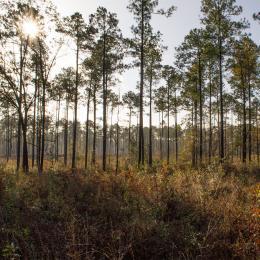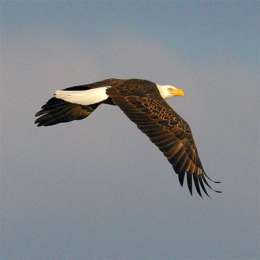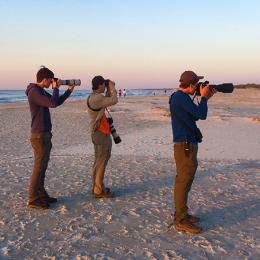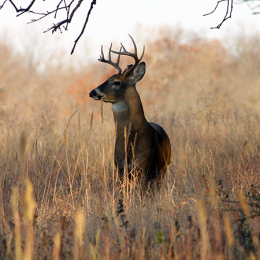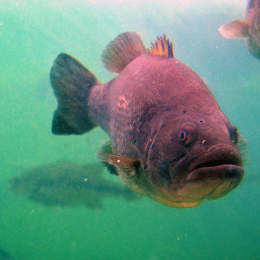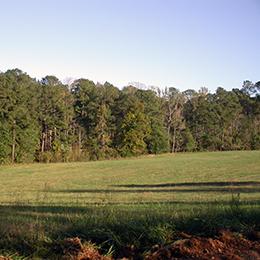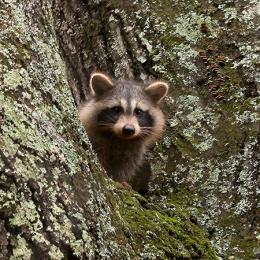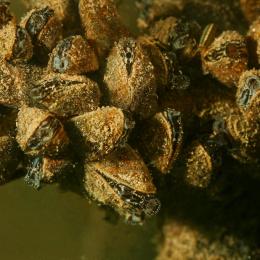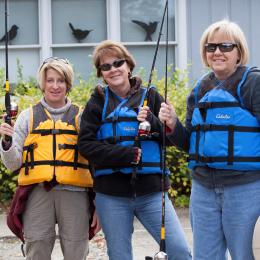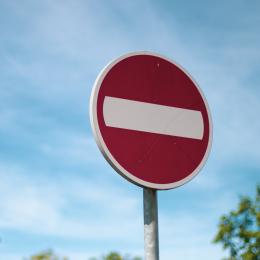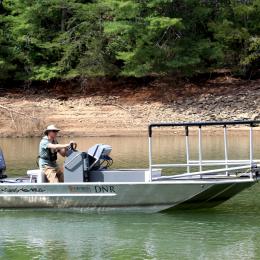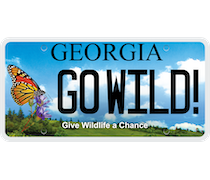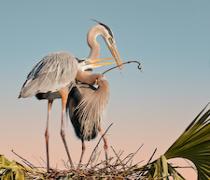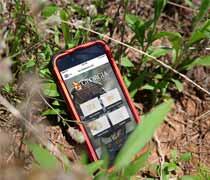August means it is time to pack on the pounds, for bears.
Female bears increase food intake and continue to teach foraging skills to their cubs, sometimes venturing outside of their home range, as they prepare for the upcoming winter, according to the Georgia Department of Natural Resources’ Wildlife Resources Division (WRD).
“It’s not uncommon for human-bear conflicts to intensify in late summer, as bears have been ‘trained’ and ‘educated’ all summer long about finding food around homes and neighborhoods where unsecured bear attractants often abound,” says Adam Hammond, WRD state bear biologist. “Denying bears a free meal and forcing them to look elsewhere in their search for food is still the best course of action – for people and for the bears.”
When bears have access to human-provided foods, regardless of the source or the intent, they will take advantage of them, and that often leads to further problems. A bear that repeatedly finds food from garbage cans, bird feeders, and pet food bowls is unlikely to leave, and will become bolder in its search for easy food. This can lead to property damage of homes, garages, vehicles and more. Once bears have learned bad habits and have come to rely on people for a “free meal,” they rarely change those behaviors, and this type of behavior progressively gets worse with time and experience. If you really care about bears, please make the extra effort to ensure that your home and yard are “unattractive” to bears – to protect yourself, your pets, your property and bears.
BearWise is an education program developed by state bear biologists, anchored by the website bearwise.org, that offers people specific, detailed, and high-quality information to help us live responsibly with bears and keep bears wild.
The black bear is a symbol of Georgia’s natural diversity as it is the only bear found in the state and is a conservation success story. Though now considered the most common bear in North America, the species was nearly eradicated from Georgia in the 1930s due to unregulated hunting, illegal harvest - including the killing of bears as “vermin,” and large-scale habitat loss. Sound wildlife management practices have restored Georgia’s black bears to a thriving population estimated at 4,100 bears statewide.
Black bears may legally be taken during the hunting season, which occurs each fall in Georgia (GeorgiaWildlife.com/hunting/hunter-resources). However, taking bears any other time of the year is called poaching. Prevent poaching by reporting any illegal activity (by email, phone or in person). Visit GADNRLE.org/ranger-hotline for more information.
For more information on living responsibly with bears, visit bearwise.org.
###






